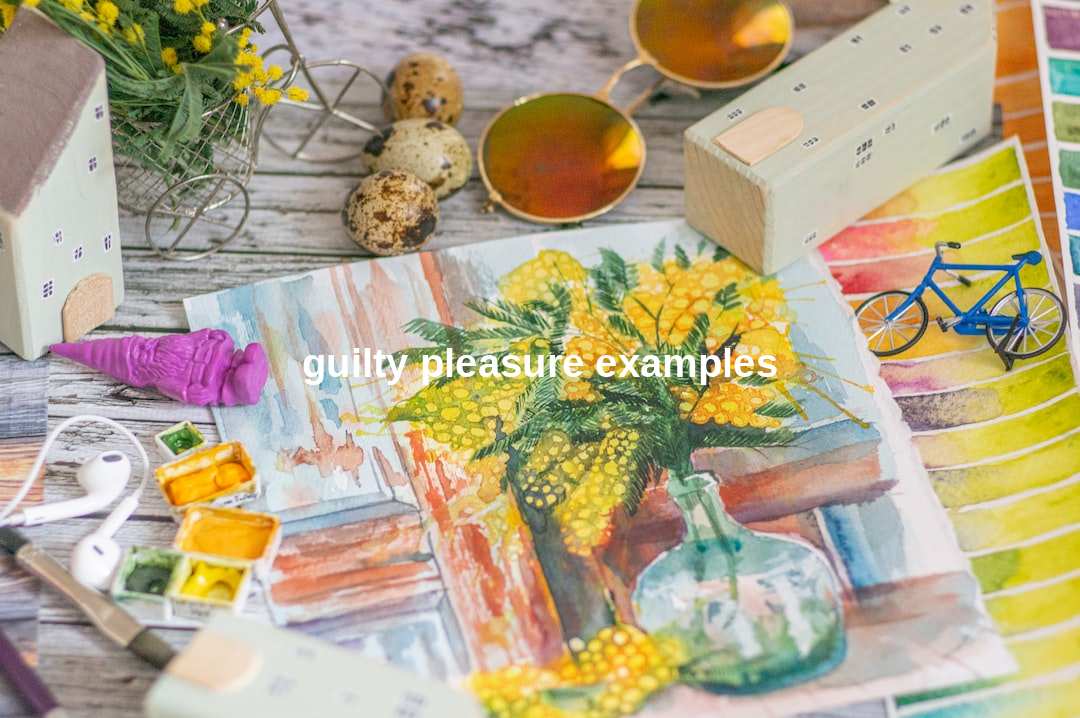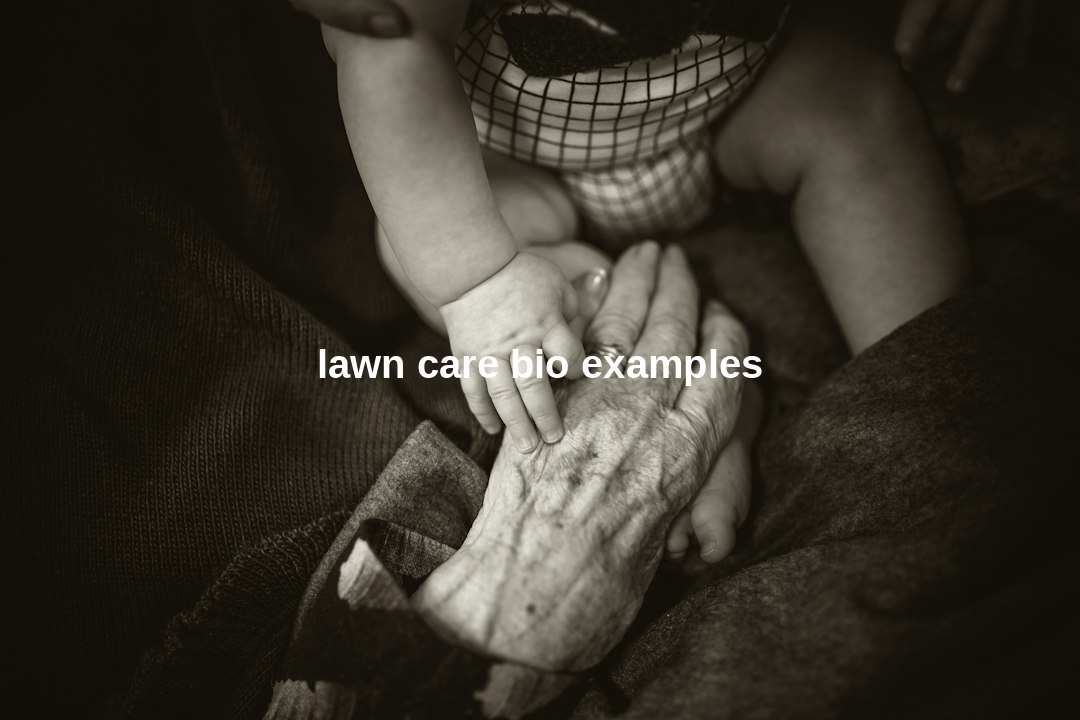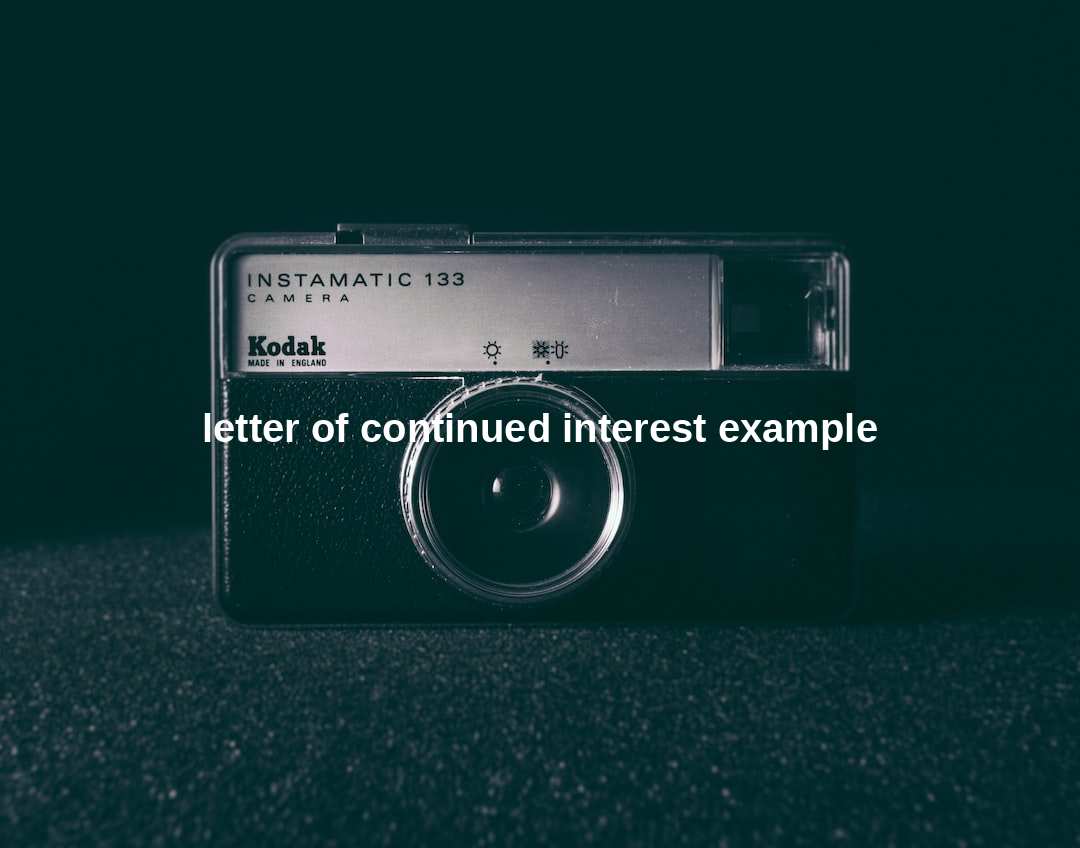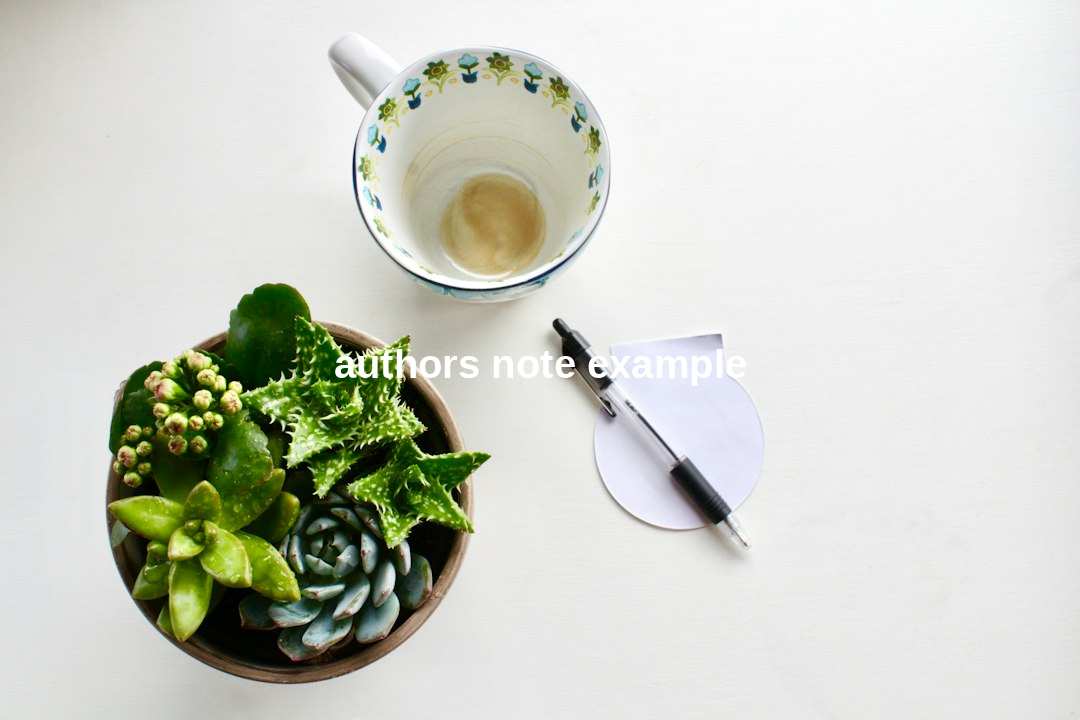We’ve all experienced the feeling of delight mixed with a tinge of self-reproach when we indulge in activities or treats we consider to be our little secrets, often referred to as guilty pleasure examples. Whether it’s a love of sweet treats we know aren’t good for our health, or spending hours lost in reality TV shows that don’t stimulate our intellect, these joys are a common thread in the fabric of our daily lives. But why do we label them as guilty pleasures, and what role do they play in our sense of happiness and fulfillment? In this exploration, we’ll delve into the notion of guilty pleasures, shed some light on why we might not need to feel so guilty after all, and reveal the top examples that keep us secretly satisfied.
| Guilty Pleasure Category | Reason for Guilt | Reason for Pleasure | Common Examples |
|---|---|---|---|
| Food | Calories and health concerns | Flavor and comfort | Chocolate, fast food, ice cream |
| Entertainment | Perceived time waste | Relaxation and escape | Binge-watching TV, trashy novels |
| Shopping | Financial expense | Satisfaction of desire | Retail therapy, luxury goods |
| Hobbies | Non-productivity | Personal enjoyment and creativity | Video games, crafting, collecting |
Understanding Guilty Pleasures: What They Mean in Our Lives
The Essence of Guilt in Our Joys
The concept of a guilty pleasure involves a curious interplay between delight and remorse. It’s an activity or indulgence that brings us joy, yet for one reason or another, we feel it shouldn’t. This could be because it goes against our internal standards, such as dietary restrictions or productivity goals, or due to societal judgments that classify these pleasures as lowbrow or unworthy of our time and attention.
Guilty pleasures can serve as outlets for stress relief, a form of escape from our daily routines, or simply pure, unadulterated joy. Embracing them without judgment allows us to acknowledge our full range of human emotions and desires. Understanding the reasons we attach guilt to certain pleasures unveils deeper layers about our values, pressures, and often, the unrealistic expectations we place upon ourselves.
The concept also ties into self-perception and identity. We may believe that indulging in these pleasures contradicts the image we wish to project, fueling a cycle of enjoyment shadowed by guilt. However, these secret enjoyments don’t necessarily need to be a source of shame but rather an integral component of a balanced life where not every action needs to be justified by productivity or value to others.
By examining our own guilty pleasure examples, we can learn to let go of unnecessary guilt and enjoy life’s simple pleasures more freely. It’s by this introspection and eventual acceptance that we can strive to live more authentically, aligning our actions with our personal happiness, unencumbered by the hefty weight of guilt.
Indulging Without Shame: The Top Guilty Pleasures We Secretly Love

Confessions of Hidden Delights
When it comes to our personal catalog of guilty pleasures, certain indulgences tend to top the list universally. From sneaking that extra slice of cake to investing time in a reality show marathon, these are the activities and treats we might hesitate to admit we love. Yet, they are undeniably woven into the fabric of our personal joy.
The liberation in openly embracing and enjoying our guilty pleasure examples lies in the recognition that self-care and pleasure are worth celebrating and need not be justified to anyone but ourselves.
Our secret loves often come from the media we consume, the comfort foods we crave, or the leisure activities we choose over more ‘productive’ tasks. Whether it’s watching the latest romantic comedy, treating ourselves to an impromptu shopping spree, or lounging all day in our favorite pajamas, these indulgences replenish our spirits in ways other activities cannot. Recognizing and accepting these moments of frivolity as a necessary part of a well-rounded life is crucial for our mental and emotional balance.
The Psychological Benefits of Embracing Your Secret Indulgences
Emotional Rewards of ‘Taboo’ Enjoyments
While the term ‘guilty pleasure’ carries a stigma of wrongdoing, the truth is that these indulgences can have significant positive effects on our mental health. They can serve as a form of stress relief, offer a mental break from our responsibilities, and provide a sense of comfort and nostalgia that few other experiences can.
Indulging in our favorite guilty pleasure examples can be a form of self-compassion, an acknowledgment that it’s healthy to take breaks and enjoy the simple pleasures in life.
The key to reaping the psychological benefits is in moderation and mindful indulgence, ensuring that these pleasures don’t become harmful or disruptive to our regular routines. By giving ourselves permission to enjoy these activities guilt-free, we enhance our overall well-being and contribute to a more positive self-concept. It’s about recognizing that pleasure is an essential component of a balanced life and that occasional indulgences can actually contribute to our productivity and creativity in the long run.
Guilty Pleasures in Pop Culture: From Binge-Watching to Social Media Deep Dives
A Cultural Phenomenon of Shared Secrets
Pop culture has a unique way of both shaming and celebrating the idea of guilty pleasures. While our media consumption habits, like binge-watching a TV series or scrolling endlessly through social media, are often labeled as wasteful, they also provide common ground for social connection and cultural commentary.
Pop culture provides a rich tapestry of guilty pleasure examples that connect us through shared experiences and collective enjoyment, even as we acknowledge the irony of their indulgence.
Television shows, movies, music, and online platforms often feature content specifically designed to appeal to our desire for escapism and entertainment. These can range from light-hearted sitcoms that offer laughter without the need for deep thought to viral memes that capture a moment of collective humor or absurdity.
By exploring and sometimes even embracing these aspects of pop culture, we validate our desires for connection and harmless fun. These shared moments become a pivotal part of our social experience, creating memories and bonds that last far beyond the screen. In a world where efficiency and productivity often take precedence, these cultural indulgences remind us to take a step back and enjoy the lighter side of life.
Conclusion: Balancing Guilt and Pleasure for a Happier Life
Guilty pleasure examples permeate our lives, often bringing a sense of joy and relaxation that is essential for a balanced and fulfilling existence. Despite the name, these indulgences need not be associated with guilt. Instead, they can be seen as an integral part of self-care, a way to recharge and take a break from the demands of everyday life. The key is to understand why we feel guilty, to acknowledge the enjoyment they bring, and to ensure that they fit healthily into our lifestyles.
Here’s a summary of the important takeaways about guilty pleasures:
- Guilty pleasures are common and can include a wide range of activities or treats that offer personal enjoyment.
- The feeling of guilt often stems from societal judgments or our own internal standards, which may not always align with what brings us joy.
- Indulging in guilty pleasures can have positive effects on mental health, serving as a form of self-care and stress relief.
- Popular culture both criticizes and celebrates guilty pleasures, indicating their complex role in our social and emotional lives.
- Finding a balance is vital; we should enjoy these pleasures without letting them become excessive or interfere with our responsibilities.
- Acknowledging and embracing our guilty pleasures can lead to a more authentic and contented life.
Ultimately, the concept of guilty pleasures calls for a reevaluation of how we view personal joy and satisfaction. By integrating these simple delights into our lives without excessive guilt, we open the doors to a more rounded and happier existence.


